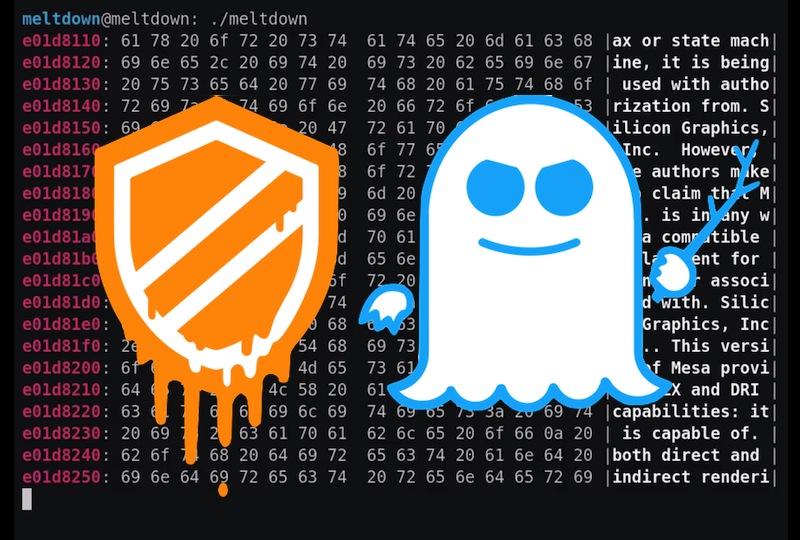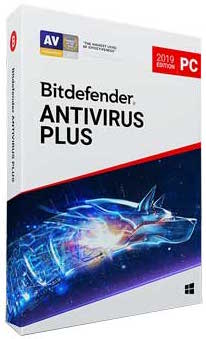Microsoft: Spectre Patch May Slow Down Older PCs
Microsoft, Intel say there's a 'significant slowdown' once Spectre patches are applied to older Windows PCs.
Microsoft has begun updating its Windows operating systems against the Meltdown and Spectre vulnerabilities, but not all users will be too happy about it. According to the company, machines running Windows 7 and 8, as well as computers based on Haswell chips or older, will see “significant slowdowns” from the update. Intel’s own findings largely confirm Microsoft’s results.

From the earliest rumors, the performance decrease from Meltdown and Spectre ranged from negligible (2% or less) to significant (20% or more), on both Linux servers and Windows machines.
In Tom's Hardware's own tests, we saw that the Meltdown update didn’t have too much of an impact on storage performance, but it looks like Spectre is the patch that can slow down systems to a larger degree, especially if they are older.
MORE: Meltdown and Spectre: How to Protect Your PC, Mac and Phone
Windows 10
Perhaps unsurprisingly, Windows 10 will be affected least by the patches. This is due in part because Windows 10 is a more modern operating system that comes with new modern hardware, and also because Microsoft has a bigger incentive to minimize the performance loss on the operating system that it keeps selling as a product to consumers and companies.
However, even on modern systems, Microsoft said that users should still see slowdowns of single0digit percentages. The company doesn’t expect most users to notice this slowdown on modern hardware because we’re talking about milliseconds, but the performance degradation should be more apparent on older hardware.
Windows 7 and Windows 8/8.1
Microsoft said that it expects most users of Windows 7 and 8/8.1 to see a significant drop in performance on their computers after the Meltdown and Spectre patches are applied.
Sign up to get the BEST of Tom's Guide direct to your inbox.
Get instant access to breaking news, the hottest reviews, great deals and helpful tips.
Microsoft explained that the reason why Windows 7 and 8/8.1 are more impacted than Windows 10 is because the two use older kernels which perform more transitions between the kernel-mode and the user-mode. The Meltdown and Spectre patches add security checks between those transitions, which explains why the performance degradation is larger on these operating systems.
Microsoft didn’t say whether or not it would be possible to upgrade Windows 7 and 8.1 to the newer kernel. Presumably, it would take too much work to fix operating systems that are supposed to be discontinued in a few years anyway.
Windows Server
The company added that Windows Server will see “significant performance impact” when its enterprise customers will enable the mitigations to isolate untrusted code, especially in I/O intensive applications.
Haswell Chips and Older
No matter which version of Windows, machines that use 2015-era Haswell CPUs or older will experience “significant slowdowns,” according to Microsoft. The company also expects that most users will be able to notice that performance degradation. Skylake CPUs and newer have more refined branch prediction, so the Spectre patch doesn’t influence them to the same degree.
Intel’s Findings
Intel found similar results. Using top-of-the line Core i7-8700K consumer CPU with six-cores and 12 threats, and a fast Intel 600p M.2 NVMe SSD, the company could still see a 6-percent slowdown across the board in SYSmark benchmarks, with each individual benchmark ranging from 2 percent to 14 percent less.
Intel didn’t show how much more the patch will impact modern quad-core, dual-core CPUs, as well as older CPUs. However, if the overall performance of the 8700K drops by 6 percent, then it would make sense to see increasingly larger slowdowns on slower and older CPUs.
Microsoft and Intel’s message today seems clear: it's time to upgrade your hardware.
This article originally appeared on Tom's Hardware.
Best Antivirus Software




